I may get commissions for purchases made through links in this post.
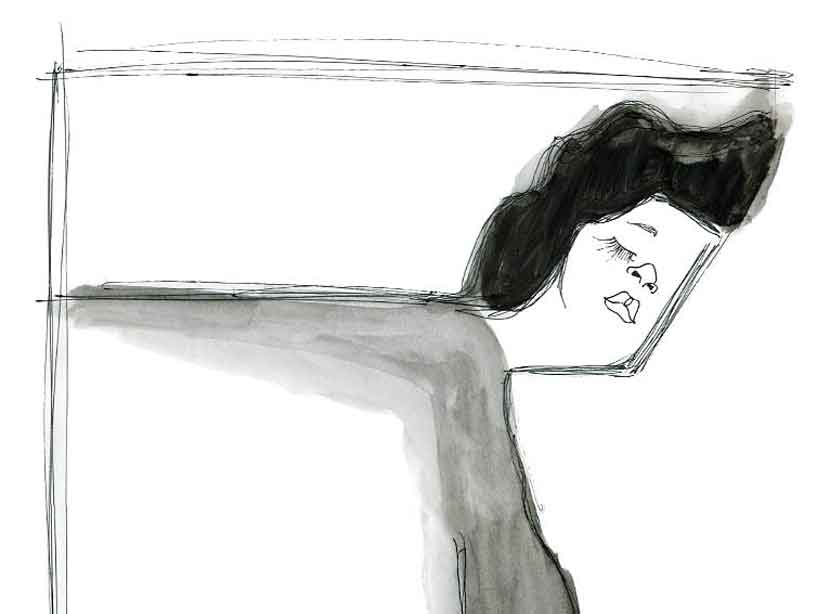
Do you know this feeling?
It’s a new morning, you are just awake and you have slept long and well enough.
So you think.
But you’re still tired. When you get out of bed it feels like a truck has run over you. You feel stiff and heavy. Like being drawn to the floor.
It makes you wonder “aren’t you supposed to wake up feeling refreshed?”
Or it’s evening and you are exhausted from a hard day’s work. You lie in bed but the Sandman doesn’t come.
You keep tossing and turning, staring to the ceiling, feeling agonized while your thoughts are in overdrive. Craving for some slumber.
“What’s wrong with me? you ask yourself.
Well, it’s not you. Everybody struggles with sleep issues from time to time. Recent research shows about 50% of us are plagued by sleeping problems.
Chances are your actions and surroundings are the cause.
Which means that a lot can be done to triumph your grievous ordeal.
Getting high quality sleep is a basic requirement for a good life. It’s one of the four pillars of health, together with diet, exercise, and mental attitude.
Occasionally lie awake at night? You a hardcore insomniac? Improve your sleeping environment and develop good sleep habits. It can make you a better sleeper.
I know. I have been there. I slept 3 hours max per night for over a year and it drove me insane.
Since then I have done hours and hours of research. There’s a lot of regurgitated BS out there, even on renowned websites and in books, so I had to check all the common claims on their scientific value.
The result is a big ‘ol list of how to sleep better tips. Practical sleep hygiene tips you can trust with links to study reports.
Warning: this is a friggin long read but it’s worth it. By the end you will be changed. Armed with knowledge that, if applied, will cause you to wake up more energetic. It worked for me and I bet it will work for you (it does for most of us).
Here we go. Let’s kick insomnia to the curb.
1. How To Create The Ultimate Bedroom
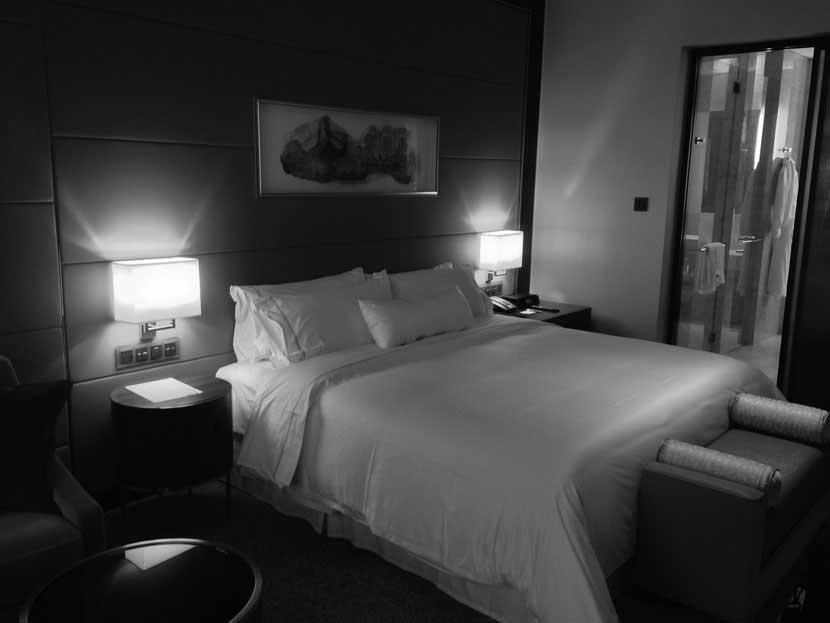
Ensure an optimal bedroom climate
That means that you want your bedroom to be cool, dark, clean and well-ventilated. The optimal temperature will vary from person to person, generally somewhere between about 60° and 75°F (15° and 23°C). Sleep experts say that about 65% humidity is ideal for the bedroom.
3 reasons to block the clock
- Just the light from your alarm clock display may keep you awake (more in a bit.)
- You can’t sleep and the clock is ticking. Tick tick tick tick, you try not to look but of course you look. Time passes. More time passes. Frustration grows. Two hours later it’s panic. Sitting up in bed, pulling your hair out you think, OMG I’m going to make a fool out of myself during that crucial presentation tomorrow!
- You do fall asleep again and wake up in the middle of the night. A glance at the clock makes you realize you only have a few hours left before you have to get up. Stress ensues and your sleep suffers.
Instead, turn the clock away from your view or hide it in your nightstand drawer. Some people use black tape to cover the (blue) lights on their LED clock.
As long as your alarm is set and it’s reliable there’s no reason to need to know the time throughout the night. So hide the numbers and enjoy your sleep.
Why you should block out all light
Total darkness is what you want. Research indicates that your room should be pitch black because even 1 lumen of light is enough to disrupt your circadian rhythm. (Dim red and dim amber night light are exceptions to this rule).
A completely dark bedroom, literally not being able to see your hand in front of your face helps you sleep.
- A sleep mask and blackout curtains can block late evening or early morning sunlight and street light.
- Your brain is able to detect light even when your eyelids are closed. The display of your alarm clock or the glow of your smart phone on your nightstand may pass through your retina into your hypothalamus. This is the part of your brain that controls sleep and signals production of the ‘body clock hormone’ melatonin.
Declutter the bedroom
It may be dark but amessy bedroom can still be disruptive to your sleep. Physical clutter boosts a ‘cluttered mind’ overflowing with emotions and thoughts. You are more likely to feel stressed and out-of-control, ruining restful sleep.
Eliminate noise
Even the slightest noise can wake you up from the lighter sleep cycle phases. Do what you can to keep inside and outside sounds to a bare minimum.
Turn off your phone. Keep your bedroom doors and windows closed, use earplugs, ask room mates to be considerate, or invest in a white noise machine to neutralize sounds.
Use white noise
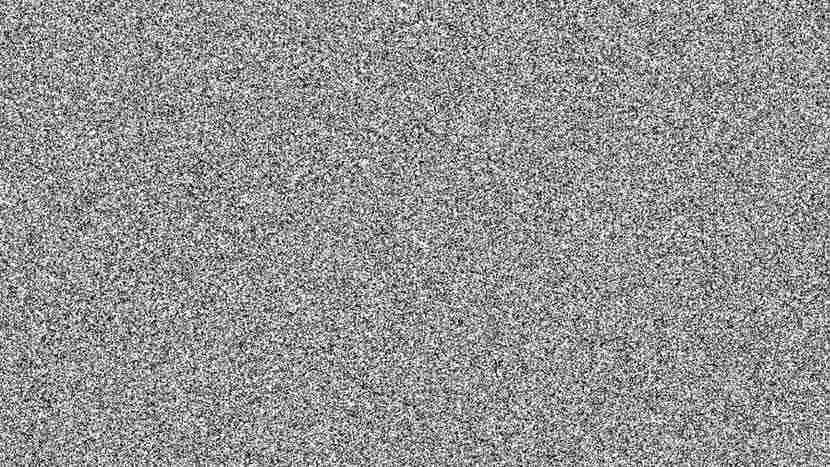
An overhead fan or in-room air conditioner emits white noise too, while keeping the temperature in the room comfortable. Websites and apps play soothing white noise such as the sound of rain continuously (i.e. SimplyNoise & Rainymood).
- Pzizz ´sleep and power nap system´ is a smartphone app for audio tracks that help you fall asleep faster and stay asleep.
Invest in the best
Good sleeping gear is essential. Your bedroom is the place where expensive products worth the money such as a high quality mattress do justice to your life standard.
Make sure you have the best mattress, pillows and linens you can afford. Choose a mattress that’s not too hard and not too soft and flip and rotate it every few months to avoid sags and lumps.
- Cotton sheets with a high-thread count, a pillow-top mattress and a down comforter can all improve your level of sleep simply by making you feel more comfortable.
- Remember, mattresses should be replaced about every 9 to 10 years, pillows more frequently, about every year or two.
Why you should create a sanctuary
You need a safe haven. A serene retreat. A sleep inducing environment where you recharge for all the things you do in your waking life. A space designed with one purpose, to let you get the best sleep you can get. Everything in it should respect your need to rest. Toss the rest.
You will want to enjoy laying down there at night. It should be a pleasure to wake up in every morning. Some bedrooms look more like thrift stores while others are like sterile clinics. Neither contribute to your slumber.
Have candles or flowers around or keep a favorite framed print on the wall opposite your bed, where it’ll be the last thing you see before sleep and the first thing you see when you arise from slumberland.
- Anything that makes you feel more relaxed and positive could be a welcome addition to your bedroom. Conversely, items that bring up negative memories or emotions should be banned from the room altogether ( you spend one third of your life here).
Sleeping and sex only!
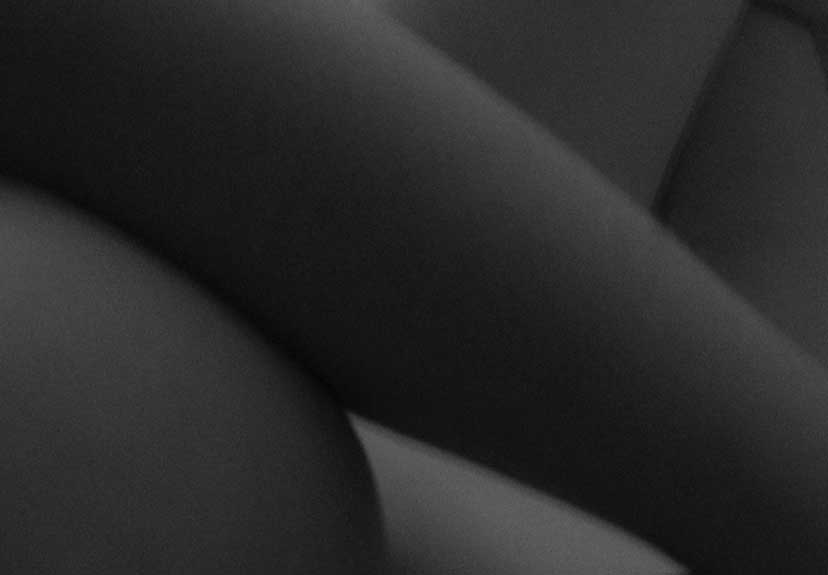
It fortifies the association between sleep and the bedroom.
Don’t try to make one corner of your bedroom into your home office. Even keeping your laptop in your bedroom can remind you of work you need to get done, a social media account that you haven’t checked today or a utility bill you’ve been meaning to pay.
- Avoid having emotional or stressful discussions there as well. A TV in the bedroom is yet another very common distraction. All of these things can effectively “contaminate” the space and make it much harder for you to get a good night’s sleep.
The reason to ban pets from your bed
Cozy as it may seem, don’t let Max and Bella sleep on your bed. Their movements can keep you from falling into a deep and restful slumber, they can also carry fleas, dust and pollen in from outside.
Dog and cat fur and dander can set off your allergies and destroy your sleep. Create a separate pet bed if you are adamant on keeping Fido in the room. The 2012 Sealy Sleep Census reported that;
people sleeping with pets on their bed took longer to fall asleep and woke up more often than people who did not sleep with pets in the bed.
Do you have the right pillow for your sleeping position?
A too full or too flat pillow makes sleeping uncomfortable causing you to wake up with a stiff neck. Make sure your pillow allows your neck to remain in a neutral position, not straining in any direction.
Side sleepers need a pillow that aligns their nose with the center of their body. Back sleepers should find one that doesn’t push their head too far forward.
Avoid sleeping on your stomach as it forces your neck to remain turned in one direction for prolonged periods. Simply can’t fall asleep in any other position? Some people use a pillow especially made for stomach sleeping. These are relatively flat and malleable yet judged with skepticism by experts.
Suffer from back or knee pain? Use a knee pillow
- If you sleep on your side, an extra pillow to place between your knees can help to align your hips and reduce lower back pain.
- Back sleepers, a pillow under your knees relieves pressure on the lower back.
- Sleep on your stomach? A pillow underneath your feet can help to alleviate knee pain.
Seal your mattress and pillows
Mattresses, box springs and pillows are collection sites for dust, mold and dust mites (droppings). These flare up allergies keeping you awake. Consider sealing them with air-tight, dust-proof covers.
- These covers are much easier cleaned and changed out than a mattress, making them convenient ways to control allergy symptoms.
[bctt tweet=”#SleepTip: block light, noise and the clock. No work, clutter, pets or TV. Only sleep and sex in the bedroom” via=”no”]
2. Become a Smart Sleeper, Learn About Sleep Science
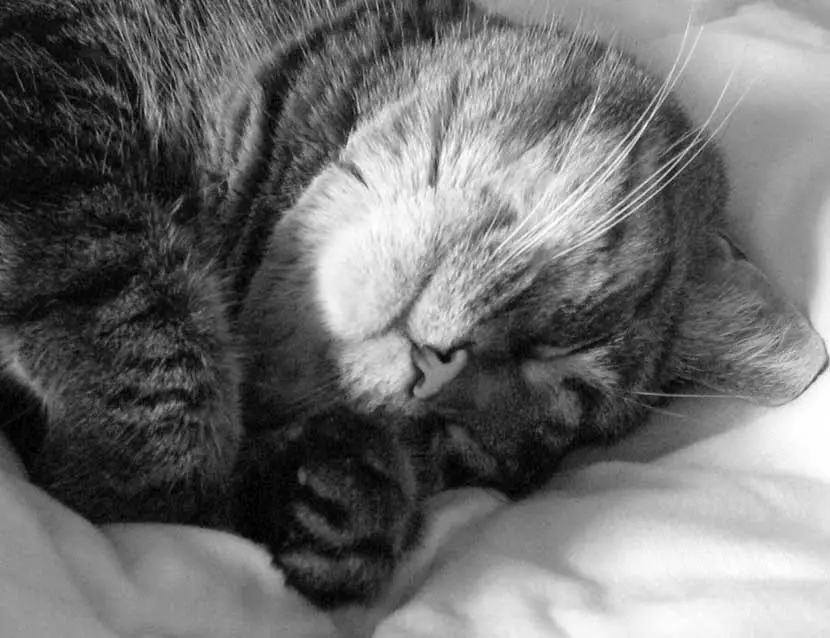
The blissful benefits of a regular sleep routine
This one’s a biggy.
It’s the foundation of proper sleep hygiene.
Go to bed at the same time every night and get up at the same time every morning. Sleep experts say it’s the single best thing you can do to improve your sleep. A strict routine helps keep your biological clock steady so you rest better.
- Next time it’s bedtime but you absolutely have to watch the latest Better Call Saul episode? Better postpone it to tomorrow. Regarding your sleep habits, it’s not all good man.
While sleeping in an extra hour on your day off isn’t a huge deal, a difference of more than a couple of hours can be very disruptive to your overall sleep patterns.
Know, respect, and enhance your circadian rhythm
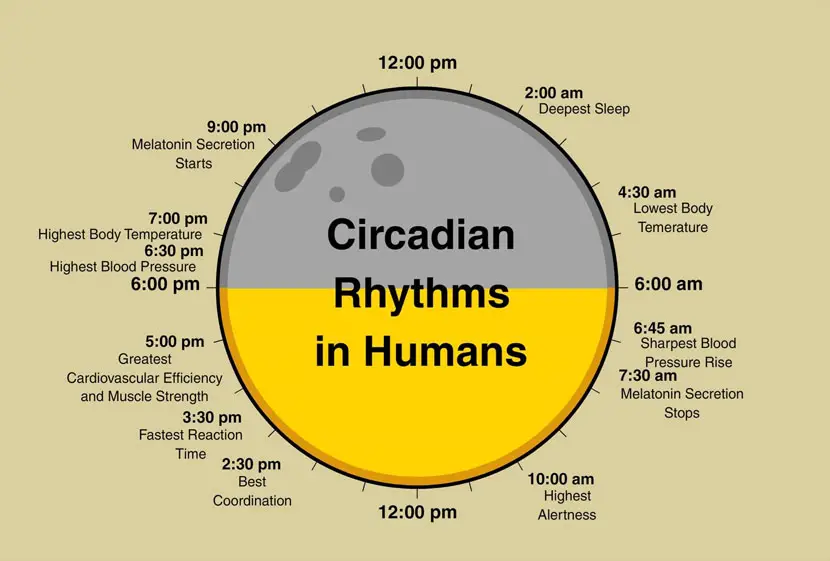
Also called your body’s natural 24-hour cycle it’s basically the times at day and night when you naturally feel most alert and drowsy (or hungry). It needs to be kept consistent.
The average person has a circadian rhythm that runs about 24 hours and 15 minutes, though early-risers generally have a slightly shorter circadian rhythm, while night owls tend to have a slightly longer one.
Certain habits and behaviors affect our circadian rhythm. Addressing these behaviors can help you overcome (chronic) sleep problems. WebMD notes:
The more stable and consistent our circadian rhythm is, the better our sleep. This cycle may be altered by the timing of various factors, including naps, bedtime, exercise, and especially exposure to light (from traveling across time zones to staring at that laptop in bed at night).
Understand your sleep patterns
We humans sleep in fairly stable 90-minute cycles.
- First you enter non-rapid eye movement (NREM) sleep. For the first 5 to 10 minutes, you’re eyes are closed and you’re technically asleep, you are easy woken up.
- After that, you enter a light sleep for 10 to 15 minutes where your heart rate and body temperature decrease as you prepare for deep sleep.
- Deep sleep is the third and final stage of NREM. It’s the deepest period of sleep that humans experience. When you’re in a deep sleep state, waking is much more difficult and you’re likely to be disoriented for a bit if awakened.
- The next stage you go through is rapid eye movement sleep (REM) which is when most of the dreams you remember take place.
During the night, we go several times through these four stages. Each subsequent cycle, the REM sleep stage gets longer and we get less deep sleep (stage three). Early in the morning, we’re getting almost all stage one, two and five (REM) sleep.
Bottom line: make sure to get enough deep sleep.
How to find your ideal bedtime

An hour before midnight is worth two after is myth.
Not a myth: “The time of night when you sleep makes a significant difference in terms of the structure and quality of your sleep.”
You need to get both sufficient non-REM and REM sleep. Non-REM sleep is deeper and more restorative than lighter, dream-infused REM sleep but both are essential to your performance and wellbeing. If you hit the sack late you may run the risk of not getting enough of the deep restorative sleep leaving you groggy during the day.
“ The ratio of non-REM to REM sleep changes. In the earlier part of the night non-REM sleep is more prominent while REM sleep dominates the hours nearing daybreak”
The perfect bed time for everyone does not exist. Sleep experts agree that generally sometime between 8pm and midnight is ideal. The absolute best time is when you are the sleepiest.
Go with what feels right to you and with what leaves you feeling the most refreshed in the morning. Discover if you sleep enough. Or do the Epworth test.
Use ‘The 90 minutes Rule’ to your advantage
Sleeping in multiples of 90 minute intervals will make waking up less of an ordeal. This means that you should sleep for periods of 4.5 hours, 6 hours or 7.5 hours or 9 hours.
Need to get up at 7am? Be asleep at around 11:30pm to get 7.5 hours. You don’t fall asleep the moment your head touches the pillow? Be in bed at 11pm. This schedule has your alarm going off during your light sleep phase, making you ready to hit the ground running.
Bottom line: fine-tune your wake sleep cycle and wake up in the right sleep phase which is the light sleep phase. The Sleepyti.me app calculates your perfect bedtime.
Establish a bedtime ritual like a Japanese tea ceremony
Regular bedtime routines can help your brain shift into sleep mode. Just like in the Zen tradition, repetition of steps intensifies meaning. Gary Zammit, PhD, director of the Sleep Disorders Institute in New York City says;
“Laying out your pajamas, brushing your hair or your teeth—these habits can be very sleep-conducive.”
Two reasons to turn down the lights
Mimic the setting sun in the evening. Lower your household lights at about 2 hours before hitting the sack. Use a dimmer switch, reduce the number of lights that are burning, or rely on a 15-watt bulb for reading before bed. Candle light works well too.
Less light equals more production of the sleep inducing hormone melatonin. It helps your brain shift into sleep mode.
- Studies show that room light causes a delayed melatonin onset and melatonin to work 90 minutes less long.
- Another study showed that one hour of average indoor lighting (1000 lux) reduced nocturnal melatonin to daytime levels.
Our ancestors, who had no electric light, spent their evenings in the dark or with candle light or a hearth, which made it easier to fall asleep. Even today soft flickering flames can be very calming before bed.
Avoid blue light at night like the plague
Light heavy in blue wavelengths will help you wake up and be in a better mood during the day. At night however it can screw up your body’s natural rhythms big time. Avoid it like a crazy ex.
Blue light, or short wavelength light, suppresses melatonin production and keeps you alert. Energy-efficient lighting, tablets, computer screens and cell phones emit blue light. Experts think our excessive use of electronic devices plays a significant part in the current sleep disruption epidemic.
- During one study, researchers exposed subjects to lights that were either blue or green and found that the blue light suppressed melatonin levels for twice as long as the green and shifted the circadian rhythm by twice as much.
That’s why it’s important that you stop looking at your computer screen or reading on your phone at least a couple of hours before your bedtime. For more on how blue light disturbs your sleep see this Harvard study, Blue Light Has a Dark Side.
The little known dangers of light exposure at night
Make sure to protect yourself from all light during the night. The aforementioned study also suggests that,
Exposure to room light during the usual hours of sleep suppressed melatonin by greater than 50% in most trials.
Exposure to artificial nighttime light has been linked to cancer, obesity and heart disease. Experts think this is because melatonin may play a role in fighting cancer.
A Harvard study showed that shifting people’s circadian rhythms, even gradually over time, caused their blood sugar to surge and put them into a pre-diabetic state. Meanwhile, their levels of leptin, a hormone that signals fullness after a meal, also decreased, which might explain the obesity link.
[bctt tweet=”#SleepTip: sleep regularly, find your ideal bedtime with the 90 minutes rule, turn off tech, block all blue light” via=”no”]
3. Take Advantage of Sleep Tech
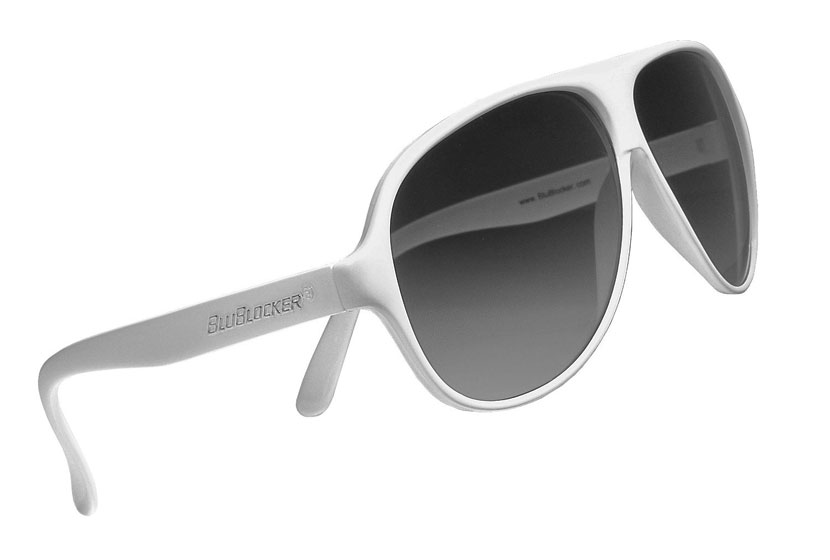
The delightful benefits of using the right light bulbs
Artificial light wrecks your sleep. CFLs and LEDs are no doubt better for the environment but put off more blue light than regular incandescent bulbs. Light that is heavier in red and orange wavelengths has the least impact on your body clock.
- For evening lighting, look for CFLs with a dimmer “warm white” color temperature, since these will suppress your melatonin levels the least.
- Even better, use amber-colored LEDs or orange ‘blue blocking’ bulbs in the hours before you turn in for the night.
- Another popular home hack, use an amber light emitting Himalayan salt lamp, added benefit, it helps clean indoor air.
- Some people like the Philips Hue lights in combination with mobile apps to induce shuteye and facilitate meditation.
Low color-temperature light at night reduces melatonin suppression.
Make apps and other technology work for you
F.lux, is an app for backlit devices such as your phone, computer or tablet that automatically adjusts the screen’s brightness levels throughout the day and night based on your timezone.
Best avoid using these devices altogether before you go to bed, but apps like f.lux and Twilight for Android can help by reducing nighttime blue light’s melatonin-suppressing effects.
How dorky eyewear can help you sleep like a baby
Quitting the night shift may not be an option. Nor will be laying away backlit electronic devices during the evening (damn that iPad is addictive!) In that case consider getting a pair of glasses that block out blue light.
- Studies show that people wearing these blue light-blocking goggles produce as much melatonin as when it’s dark. And there’s more. Study participants not only experienced better sleep but also much better mood and major mental performance improvements.
A few things to keep in mind.
- Some inexpensive orange-tinted sunglasses don’t block blue light.
- Blue light blocking glasses don’t have to be orange colored.
- Some models also block out other colors. These may not be useful for working indoors or anytime you need color perception. (i.e. driving, seeing traffic lights).
- Some glasses are more transparent than others.
- Glasses show to be more efficient than apps such as f.lux.
The best ‘blue blocking’ glasses block practically all blue, violet and ultraviolet light while allowing most of the longer wavelengths (from green to red) to pass through. Wear them the last hours from the night shift or in the evening before going to bed. Popular brands are Uvex, Gunnars, Melatonin Shades, and Blublocker glasses.
These can be used for late evening laptop use or TV watching too (perhaps watching the latest episode of your favorite show is still an option just before bed).
Ditch your alarm clock
Hate that jarring alarm in the morning? Of course you do. It violently rips you from your deeper sleep cycles. No wonder that horrible sound raises the hair on your neck even when you hear it during the day.
About an hour before you naturally wake up your body starts a ‘reboot process’. Your body temperature rises, hormones like adrenaline and cortisol are released and you enter a lighter sleep phase. Your alarm destroys this process, causing a backlash in your energy and mood.
Rely on a more natural way, such as an artificial dawn alarm clock, to get you going.
Don’t snooze! Don’t snooze!
Being awoken gently – in a lighter sleep phase- is much better for your rhythm and prevents you from slamming the snooze button too.
Snoozing may feel good at the moment but exhausts you even more (the waking-dozing off-waking-dozing off routine messes up your body clock).
- Using a wake up light is like waking up back in the old days, when breaking dawn and crowing roosters smoothly guided us to a new day.
Your morning rhythm and the winter blues are tied together. Which is why wake up lights work wonders on dark winter mornings too. Just like blue light therapy lights help maintain your circadian body clock.
Flourish with a sleep tracker
Sleep-tracking apps and gadgets give you profound insights in why your sleep sucked (or slept like a baby bear). Determine positive and negative influences on your sleep and your wellbeing will blossom.
You´ll discover how that afternoon jog in the park helped you doze off at night but your post-dinner strongman training kept you up. Or that that coffee after lunch interfered with your shuteye quality.
Learn exactly how much deep sleep you need to feel fit, how many hours you need to sleep for that, and more.
According to reviews and experts these are the best sleep trackers currently available:
- The MisFit Shine is small and unobtrusive and it detects awake moments as well as light and deep sleep automatically through your movements.
- Using the SleepRate, a heart rate strap that connects to your smartphone, can be more accurate than motion-based sleep trackers according to its makers. It offers a custom sleep improvement plan based on your data.
- The Jawbone UP24 and the FitBit Flex (by far the most popular device) will not only track which sleep phase you’re in, both of these devices will also wake you with a vibrating alarm during the light sleep phase.
- The Withings Pulse O2 wrist band tracks activity, sleep and sleep cycles, checks blood oxygen and provides a readout of the results to a smartphone.
[bctt tweet=”#SleepTip: Maintain melatonin with sleep tech: blue blocking bulbs and eyewear, dawn simulators, and sleep trackers” via=”no”]









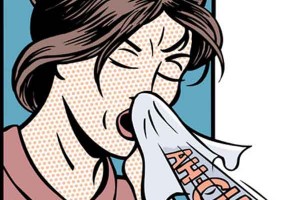

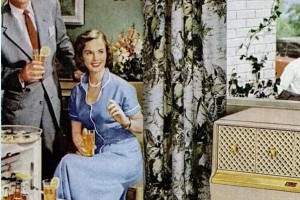

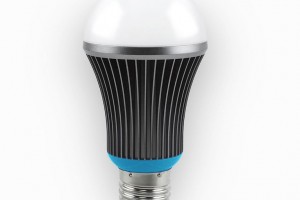
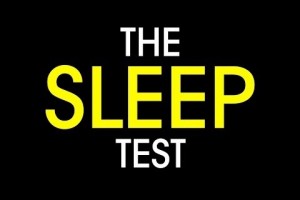


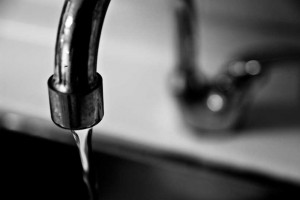






DO NOT order Melatonin Shades. They charged me almost 50% more because they converted the price to US dollars after I ordered. I attempted to return the product and they refused the delivery, so I got screwed. They have since updated their website to show the price in USD, but they were charging CAD before the dollar tanked. So basically everyone (including US consumers) are being charged a higher price because the company thought they could take advantage of currency fluctuations. They’re cheap orange sunglasses- $49.95 CAD is already a bit of a rip off, but I was willing to pay a premium to support a Canadian company. They’re DEFINITELY not worth $49.95 USD when you can get the same, if not better results from an $8 pair of Uvex.